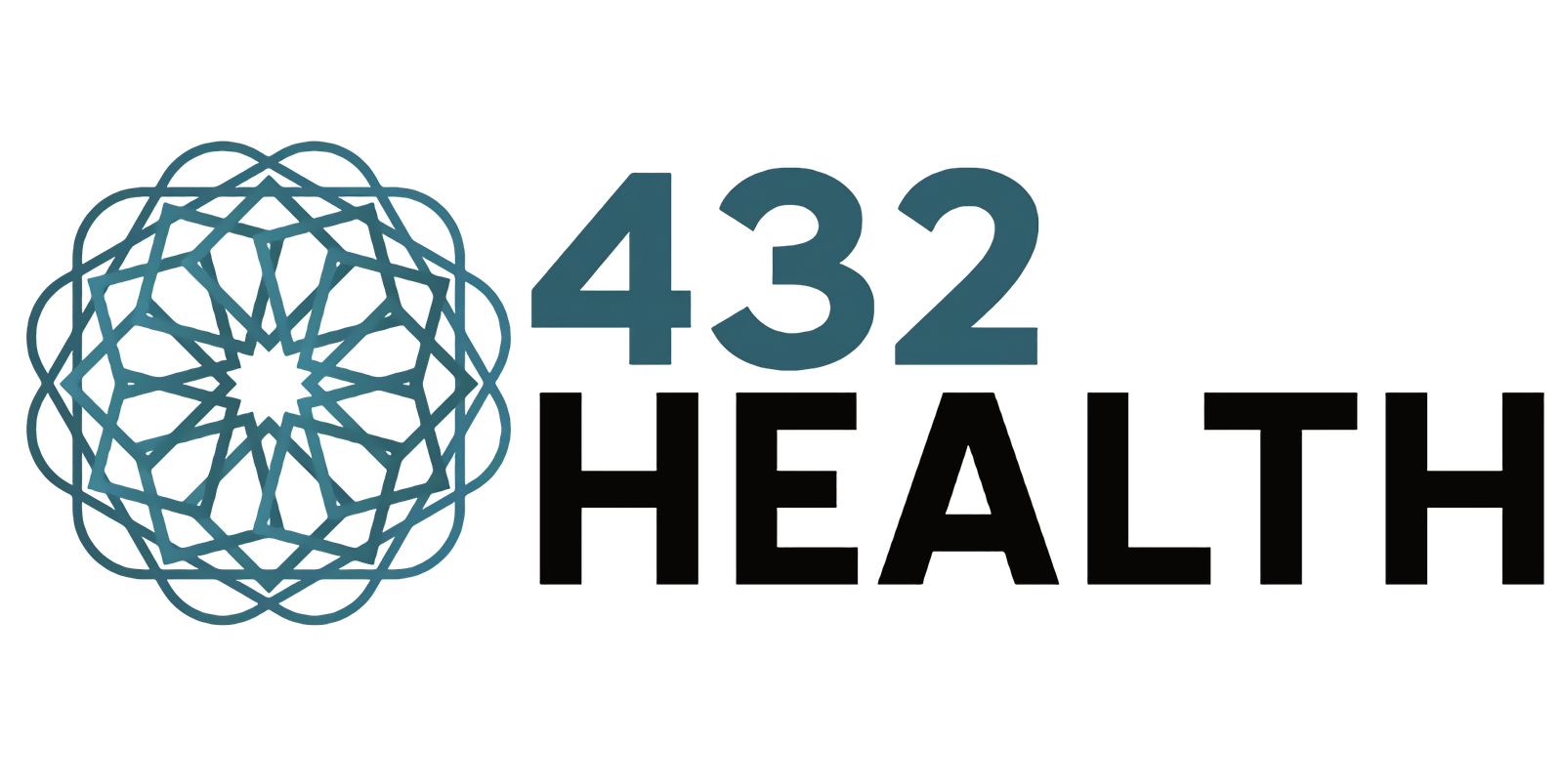Club Chat

The Sacred Protocols: Exploring the Connection Between Alkaline Diets and Cancer Prevention
Quote from Ryan Brooks on 22 February 2024, 15:40Alkaline diets have gained popularity in recent years due to their potential health benefits, including cancer prevention. The theory behind alkaline diets is that consuming alkaline foods can help maintain the body's pH balance, reducing the risk of developing cancer and other chronic diseases.
"The Sacred Protocols" provides a detailed overview of alkaline diets and their potential impact on cancer. It explores the science behind the theory, discussing how alkaline foods can help create an environment in the body that is unfavorable for cancer cell growth.
In addition to discussing the science behind alkaline diets, "The Sacred Protocols" also offers practical tips and guidelines for incorporating alkaline foods into your diet. It provides a list of alkaline and acidic foods, helping you make informed choices about what to eat to maintain a healthy pH balance.
Furthermore, "The Sacred Protocols" includes delicious and nutritious recipes that are designed to support an alkaline diet. These recipes are easy to follow and use ingredients that are readily available, making it simple to incorporate alkaline foods into your everyday meals.
Whether you are interested in cancer prevention or simply want to improve your overall health and well-being, "The Sacred Protocols" is a valuable resource. It provides evidence-based information on alkaline diets and their potential impact on cancer, giving you the knowledge and tools you need to make informed decisions about your diet and lifestyle.
It is widely believed that cancer thrives in an acidic environment and cannot survive in an alkaline body. The theory suggests that cancer cells contribute to the body's acidity by producing lactic acid. As a result, individuals with cancer often have low pH levels. pH, which stands for power of hydrogen, measures the concentration of hydrogen ions in the body. The pH scale ranges from 1 to 14, with 7 being neutral. A pH level below 7 is considered acidic, while a pH level above 7 is alkaline or basic. The ideal pH range for our bodies is slightly alkaline, between 7.30 and 7.45.
To monitor pH levels, one can regularly test using a piece of litmus paper in urine first thing in the morning before consuming any food or drink. pH testing strips can be easily purchased online or from reputable health stores. The first test should be conducted in the morning, and if the pH level is low, steps should be taken to increase alkalinity by incorporating high alkaline foods into the diet.
There are several super alkaline foods that can help raise pH levels in the body. These include wheatgrass, barley grass, alfalfa grass, kamut grass, oat grass, spirulina, chlorella, broccoli, kelp, cayenne, and cucumber. Cancer patients should be informed that nutrition plays a crucial role in their defense against cancer and during the recovery process. It is not necessary to wait until illness strikes to adopt alkaline protocols, as prevention is always the best approach.
Scientific studies have shown that diet alone can contribute to the development of cancer. Therefore, to reverse cancer, it is essential to modify the diet to enhance the body's ability to return to a state of homeostasis, or self-healing. One of the key dietary changes is cutting off the supply of sugar to cancer cells. Sugar substitutes such as Aspartame should be avoided, and natural alternatives like Manuka Honey or molasses can be used sparingly.
Table salt, which contains additives to make it white in color, can be replaced with Celtic sea salt. This alternative contains at least 84 trace elements that are essential for human DNA. Additionally, milk has been found to stimulate mucus production in the body, particularly in the gastrointestinal tract. The dairy industry's use of growth hormones and processing methods also makes dairy highly toxic. Cutting out milk and substituting it with unsweetened soy milk or almond milk can help starve cancer cells.
A meat-based diet contributes to acidity in the body, making it beneficial to consume fish, particularly from the North Atlantic, and small amounts of chicken or turkey instead of beef or pork. Meat often contains antibiotics, growth hormones, colorings, and parasites, all of which can be harmful to individuals fighting cancer. To create an alkaline environment, it is recommended to follow a diet consisting of 80% fresh vegetables and juice, whole grains, seeds, nuts, and limited fruit consumption.
It is important to note that certain beverages like coffee, tea, and chocolate, which contain high levels of caffeine, should be avoided. Green tea, on the other hand, is a better alternative as it has cancer-fighting properties. Meat protein is difficult to digest and requires a significant amount of digestive enzymes. Undigested meat in the intestines can putrefy and contribute to toxic build-up. By reducing meat consumption, more enzymes are available to attack the protein walls of cancer cells, allowing healthy cells to destroy them.
Understanding the relationship between pH levels and cancer can help individuals make informed choices about their diet and lifestyle. By adopting an alkaline diet and eliminating acidic foods, individuals can create an environment in their bodies that supports self-healing and overall well-being.
Alkaline diets have gained popularity in recent years due to their potential health benefits, including cancer prevention. The theory behind alkaline diets is that consuming alkaline foods can help maintain the body's pH balance, reducing the risk of developing cancer and other chronic diseases.
"The Sacred Protocols" provides a detailed overview of alkaline diets and their potential impact on cancer. It explores the science behind the theory, discussing how alkaline foods can help create an environment in the body that is unfavorable for cancer cell growth.
In addition to discussing the science behind alkaline diets, "The Sacred Protocols" also offers practical tips and guidelines for incorporating alkaline foods into your diet. It provides a list of alkaline and acidic foods, helping you make informed choices about what to eat to maintain a healthy pH balance.
Furthermore, "The Sacred Protocols" includes delicious and nutritious recipes that are designed to support an alkaline diet. These recipes are easy to follow and use ingredients that are readily available, making it simple to incorporate alkaline foods into your everyday meals.
Whether you are interested in cancer prevention or simply want to improve your overall health and well-being, "The Sacred Protocols" is a valuable resource. It provides evidence-based information on alkaline diets and their potential impact on cancer, giving you the knowledge and tools you need to make informed decisions about your diet and lifestyle.
It is widely believed that cancer thrives in an acidic environment and cannot survive in an alkaline body. The theory suggests that cancer cells contribute to the body's acidity by producing lactic acid. As a result, individuals with cancer often have low pH levels. pH, which stands for power of hydrogen, measures the concentration of hydrogen ions in the body. The pH scale ranges from 1 to 14, with 7 being neutral. A pH level below 7 is considered acidic, while a pH level above 7 is alkaline or basic. The ideal pH range for our bodies is slightly alkaline, between 7.30 and 7.45.
To monitor pH levels, one can regularly test using a piece of litmus paper in urine first thing in the morning before consuming any food or drink. pH testing strips can be easily purchased online or from reputable health stores. The first test should be conducted in the morning, and if the pH level is low, steps should be taken to increase alkalinity by incorporating high alkaline foods into the diet.
There are several super alkaline foods that can help raise pH levels in the body. These include wheatgrass, barley grass, alfalfa grass, kamut grass, oat grass, spirulina, chlorella, broccoli, kelp, cayenne, and cucumber. Cancer patients should be informed that nutrition plays a crucial role in their defense against cancer and during the recovery process. It is not necessary to wait until illness strikes to adopt alkaline protocols, as prevention is always the best approach.
Scientific studies have shown that diet alone can contribute to the development of cancer. Therefore, to reverse cancer, it is essential to modify the diet to enhance the body's ability to return to a state of homeostasis, or self-healing. One of the key dietary changes is cutting off the supply of sugar to cancer cells. Sugar substitutes such as Aspartame should be avoided, and natural alternatives like Manuka Honey or molasses can be used sparingly.
Table salt, which contains additives to make it white in color, can be replaced with Celtic sea salt. This alternative contains at least 84 trace elements that are essential for human DNA. Additionally, milk has been found to stimulate mucus production in the body, particularly in the gastrointestinal tract. The dairy industry's use of growth hormones and processing methods also makes dairy highly toxic. Cutting out milk and substituting it with unsweetened soy milk or almond milk can help starve cancer cells.
A meat-based diet contributes to acidity in the body, making it beneficial to consume fish, particularly from the North Atlantic, and small amounts of chicken or turkey instead of beef or pork. Meat often contains antibiotics, growth hormones, colorings, and parasites, all of which can be harmful to individuals fighting cancer. To create an alkaline environment, it is recommended to follow a diet consisting of 80% fresh vegetables and juice, whole grains, seeds, nuts, and limited fruit consumption.
It is important to note that certain beverages like coffee, tea, and chocolate, which contain high levels of caffeine, should be avoided. Green tea, on the other hand, is a better alternative as it has cancer-fighting properties. Meat protein is difficult to digest and requires a significant amount of digestive enzymes. Undigested meat in the intestines can putrefy and contribute to toxic build-up. By reducing meat consumption, more enzymes are available to attack the protein walls of cancer cells, allowing healthy cells to destroy them.
Understanding the relationship between pH levels and cancer can help individuals make informed choices about their diet and lifestyle. By adopting an alkaline diet and eliminating acidic foods, individuals can create an environment in their bodies that supports self-healing and overall well-being.
